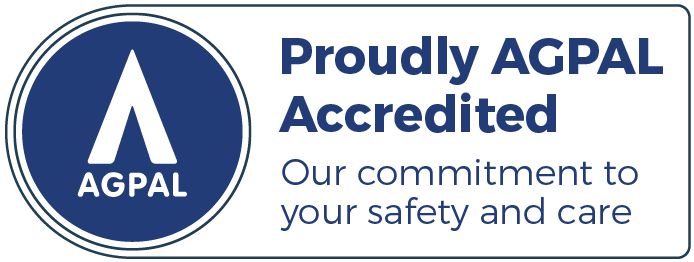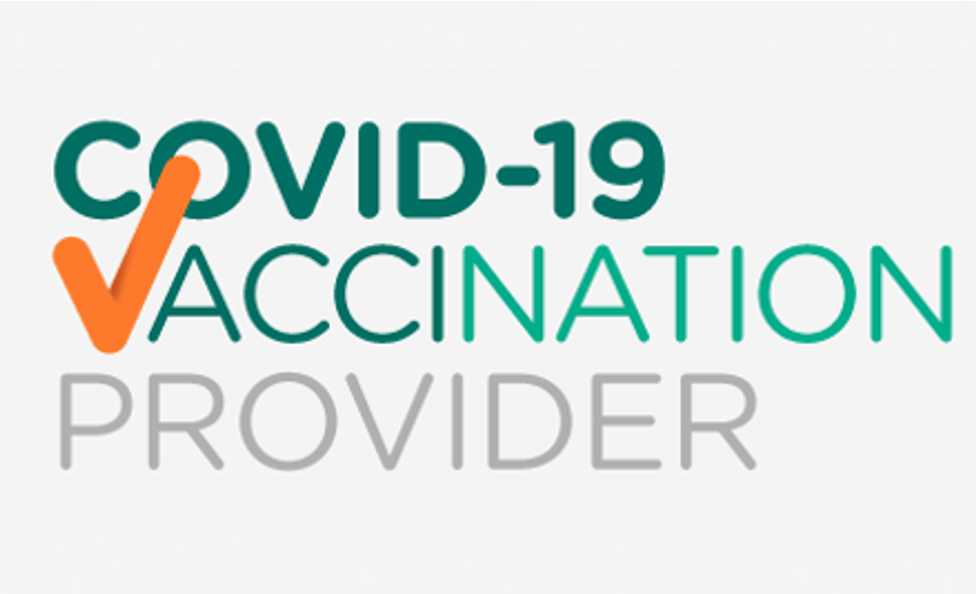
Medicines and Pregnancy: What You Need to Know - from Dr Nisha Iyer
If you're pregnant or planning to become pregnant, it's natural to have questions about which medicines are safe to use. Many medicines — including over-the-counter and herbal products — can cross from your body to your baby, so it's important to check before using anything new.
Here are key points to remember:
Before starting, stopping, or changing any medicine during pregnancy, talk to your doctor.
This includes prescription, over-the-counter, and herbal or complementary medicines.

Pain relief:
Paracetamol is considered safe for mild pain, headaches, muscle aches, or fever if taken at the recommended dose.
Non-steroidal anti-inflammatories like ibuprofen or diclofenac should be avoided, especially after 30 weeks, unless advised by your doctor.

Allergies and hayfever:
Some antihistamines (both drowsy and non-drowsy types) like loratadine can be safely used.
Eye drops and nasal sprays are available but should be used at the lowest effective dose and for the shortest time. Techniques like pressing on the tear duct after using eye drops can minimise absorption into your body.

Cold and flu:
Steam inhalations and saline sprays are first-line treatments for nasal congestion.
Oral decongestants (like pseudoephedrine) should generally be avoided.
Cough suppressants (for dry coughs) and expectorants (for chesty coughs) can sometimes be used short-term — always check with your doctor.

Sore throats:
Some lozenges are safe, but avoid products with benzydamine or povidone-iodine unless specifically advised.

Other common concerns:
- Constipation: Start with fibre, fluids, and gentle laxatives like Coloxyl (without senna). If a stronger option is needed, lactulose may be used.
- Heartburn: Lifestyle changes help first; antacids may be used if symptoms persist.
- Cold sores: Aciclovir cream is safe; avoid oral cold sore tablets unless prescribed.
- Vaginal thrush: Topical antifungal creams (like clotrimazole) are preferred over oral treatments.
- Threadworm and head lice: Treatments like pyrantel and dimeticone are options, but hygiene measures are critical.

Always seek medical advice if:
- You are unsure about a medicine.
- Symptoms are severe or persistent.
- You need guidance on non-medicine options to manage your symptoms safely.

We’re here to support you.
At Next Practice Prahran, we understand how important it is to feel confident and informed during your pregnancy. If you have any concerns about medicines, please book an appointment with me — I’d be happy to guide you safely


